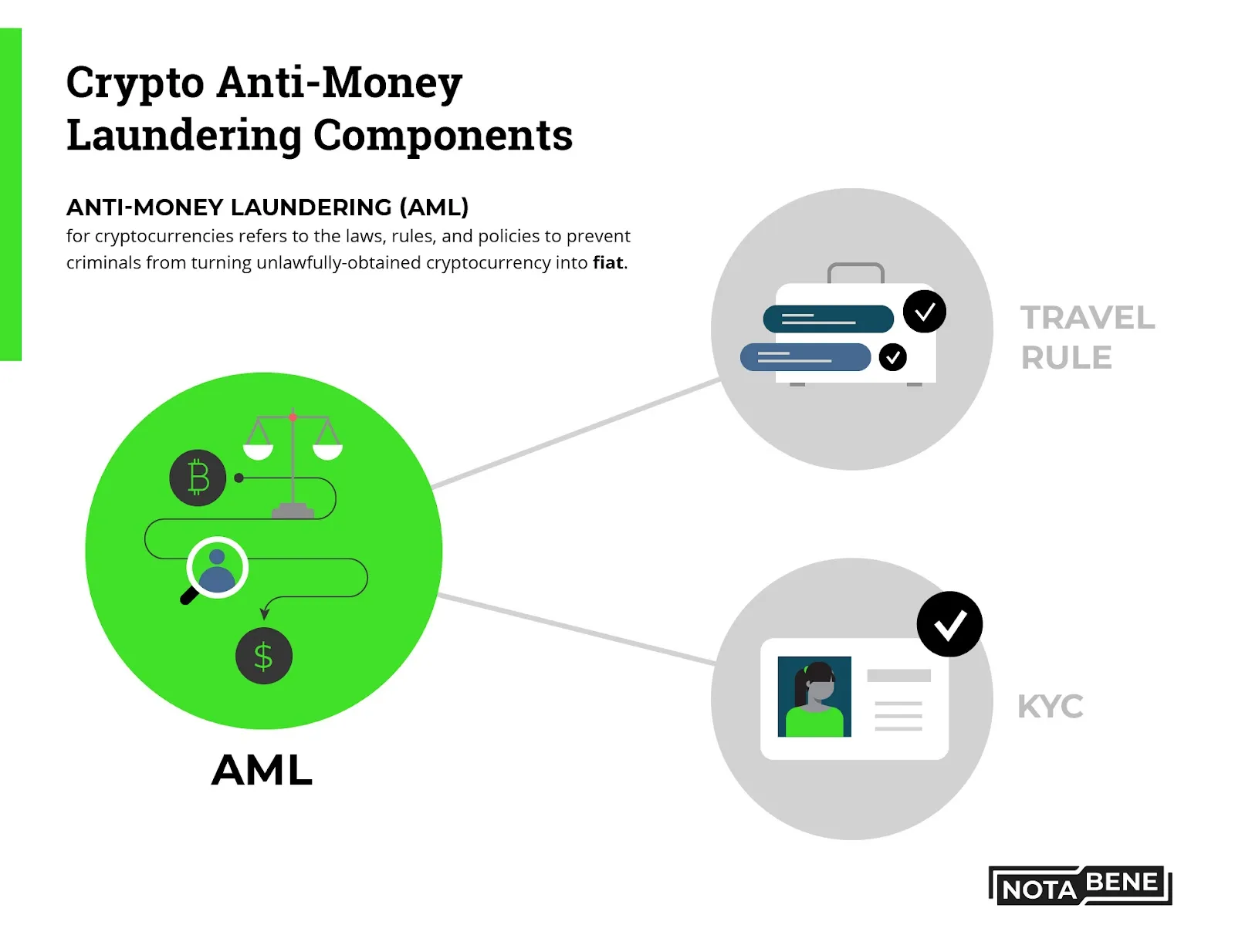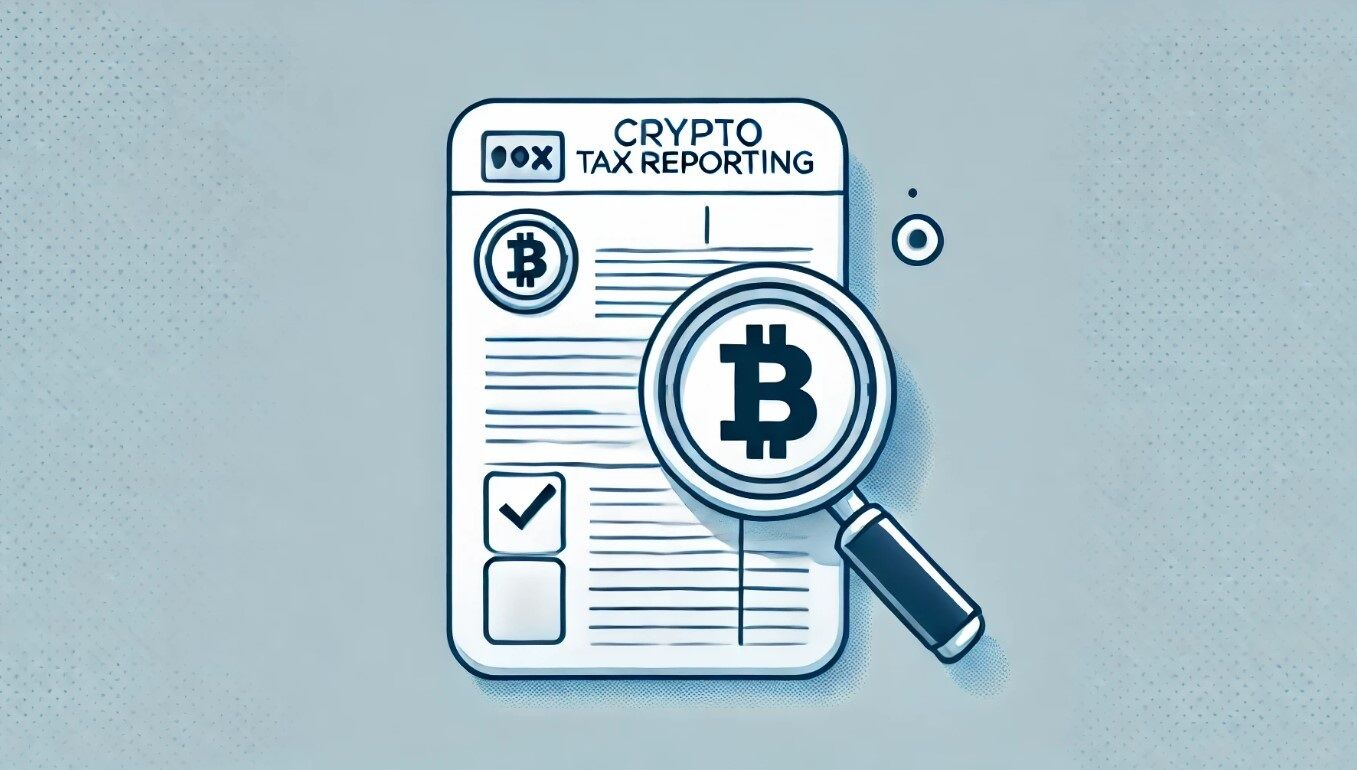Did you know that trading crypto can feel like trying to find a unicorn in a haystack—exciting but often elusive? In the fast-evolving world of crypto day trading, understanding regulatory considerations is crucial for success. This article dives into key regulations, the role of different countries, licensing requirements, and tax implications. We’ll also explore anti-money laundering compliance, KYC impacts, and the risks associated with unregulated exchanges. Additionally, you’ll learn about the SEC's role, how to navigate consumer protection laws, and the importance of staying informed about regulatory changes. Whether you're a beginner or an experienced trader, these insights from DayTradingBusiness will help you make informed decisions and trade safely in the crypto market.
What are the key regulations for crypto day trading?
Key regulations for crypto day trading include compliance with Anti-Money Laundering (AML) and Know Your Customer (KYC) requirements in many jurisdictions. Traders must adhere to tax regulations, reporting profits and losses accurately. Additionally, some regions have specific licensing requirements for trading platforms. It's crucial to stay updated on local laws, as regulations can change frequently. Always consult with legal experts to ensure compliance.
How do different countries regulate crypto day trading?
Countries regulate crypto day trading in various ways.
In the U.S., the SEC classifies cryptocurrencies as securities, requiring compliance with securities laws. Traders must report gains on their taxes.
In the EU, MiCA (Markets in Crypto-Assets Regulation) aims to create a comprehensive framework, focusing on consumer protection and market integrity.
In Japan, crypto trading is regulated under the Financial Instruments and Exchange Act, requiring registration and compliance from exchanges.
China has banned crypto trading altogether, while countries like El Salvador recognize Bitcoin as legal tender, fostering a more open trading environment.
Regulations can affect trading strategies, tax obligations, and the legality of certain practices. Always check local laws before trading.
What licenses do I need for crypto day trading?
To engage in crypto day trading, you typically need to consider the following licenses and registrations:
1. Broker-Dealer License: If you're trading on behalf of others or facilitating trades, you may need a broker-dealer license.
2. Money Transmitter License: If you're handling fiat currency transfers or operating an exchange, this license is often required.
3. State Licenses: Check your state regulations, as some states require specific licenses for cryptocurrency businesses.
4. Securities License: If trading cryptocurrencies classified as securities, a securities license might be necessary.
5. Compliance with AML/KYC Regulations: You must adhere to Anti-Money Laundering (AML) and Know Your Customer (KYC) regulations.
Consult with a legal expert familiar with cryptocurrency regulations to ensure compliance based on your specific activities.
Are there specific tax implications for crypto day traders?
Yes, crypto day traders face specific tax implications. Profits from day trading are typically considered short-term capital gains, taxed as ordinary income. This means you’ll pay taxes at your regular income tax rate. Additionally, keep detailed records of all trades, as each transaction can trigger tax liabilities. You may also be subject to self-employment tax if trading is your primary income source. Consult a tax professional for personalized advice.
How can I comply with anti-money laundering (AML) regulations in crypto?

To comply with anti-money laundering (AML) regulations in crypto, follow these steps:
1. Know Your Customer (KYC): Implement robust KYC procedures to verify customer identities before allowing transactions.
2. Transaction Monitoring: Use software to monitor transactions for suspicious activity and flag any unusual patterns.
3. Record Keeping: Maintain detailed records of all transactions, customer information, and KYC documentation for regulatory audits.
4. Reporting Obligations: File suspicious activity reports (SARs) with the appropriate authorities when necessary.
5. Training: Regularly train staff on AML compliance and the latest regulations in the crypto space.
6. Compliance Program: Develop a comprehensive AML compliance program tailored to your crypto business model.
7. Stay Updated: Keep abreast of changes in AML regulations and best practices within the crypto industry.
Following these steps will help ensure AML compliance in your crypto trading activities.
What is the role of the SEC in regulating crypto trading?
The SEC regulates crypto trading by enforcing securities laws to protect investors and maintain fair markets. It determines whether certain cryptocurrencies are classified as securities, requiring them to register and comply with regulations. The SEC also monitors trading practices to prevent fraud and manipulation in the crypto market, ensuring transparency and accountability among exchanges and issuers.
How do KYC requirements affect crypto day trading?
KYC requirements affect crypto day trading by requiring traders to verify their identity before they can buy, sell, or trade assets. This process can slow down transactions, as users must submit personal information and documents. Additionally, KYC regulations may limit access to certain exchanges, impacting liquidity and trading opportunities. Non-compliance can lead to account restrictions or bans, making it crucial for traders to adhere to these regulations to ensure smooth operations.
What are the risks of trading on unregulated exchanges?
Trading on unregulated exchanges carries several risks. You face a higher chance of fraud or hacks, as these platforms often lack security measures. There's limited recourse for lost funds since they’re not protected by regulatory bodies. Market manipulation is more prevalent, leading to unpredictable price swings. You also might encounter issues with liquidity, making it hard to execute trades at desired prices. Additionally, regulatory changes could abruptly affect your investments, as unregulated exchanges can be shut down without warning. Always consider these risks when engaging in crypto day trading.
What Should You Consider When Choosing Crypto Markets for Day Trading with Regulatory Guidelines?
When choosing the best crypto markets for day trading, consider regulatory compliance, trading volume, security measures, and available trading pairs. Ensure the exchange is registered with relevant authorities to avoid legal issues. Look for platforms with high liquidity and robust security features to protect your investments.
Learn more about: How to Choose the Best Crypto Markets for Day Trading
How does the Financial Action Task Force (FATF) impact crypto trading?

The Financial Action Task Force (FATF) impacts crypto trading by setting international standards to combat money laundering and terrorist financing. Their recommendations require crypto exchanges to implement know-your-customer (KYC) and anti-money laundering (AML) measures. This means that crypto traders must provide identification and transaction details, making trading more transparent. Compliance with FATF guidelines can lead to stricter regulations in various jurisdictions, affecting how traders operate. Non-compliance can result in penalties, limiting access to markets. Overall, FATF influences the legal landscape for crypto trading, promoting safer and more regulated environments.
What regulations should beginners know for crypto day trading?
Beginners in crypto day trading should be aware of the following regulations:
1. Know Your Customer (KYC): Most exchanges require identity verification. Be ready to provide personal information and documents.
2. Anti-Money Laundering (AML): Understand that exchanges must comply with AML laws, which may involve transaction monitoring.
3. Tax Obligations: Be aware that crypto trading profits are taxable. Keep detailed records of trades for accurate reporting.
4. Securities Laws: Ensure you know whether the cryptocurrencies you trade are classified as securities in your jurisdiction.
5. Exchange Regulations: Familiarize yourself with the rules and policies of the exchange you use, including trading fees and withdrawal limits.
6. Risk Warnings: Understand the inherent risks of crypto trading, including volatility and potential loss of capital.
Stay updated on local regulations as they can change frequently.
How can I stay updated on changing crypto regulations?
To stay updated on changing crypto regulations, regularly check authoritative sources like government websites, financial regulatory bodies, and industry news outlets. Follow reputable crypto news platforms and subscribe to newsletters that focus on regulatory updates. Engage with online communities, such as forums and social media groups, where regulatory changes are discussed. Set up Google Alerts for specific keywords related to crypto regulations. Consider attending webinars or conferences focused on crypto compliance to gain insights from experts.
Learn about How to Stay Updated on Crypto Market News for Day Trading
What are the reporting requirements for crypto transactions?

Crypto transactions must be reported if you realize gains or losses. For U.S. taxpayers, report on IRS Form 8949 and Schedule D. Each transaction should include the date, amount, and the purpose. If you receive payment in cryptocurrency, it’s treated as income and must be reported on your tax return. Keep detailed records of all transactions to ensure compliance. Check local regulations, as requirements may vary by jurisdiction.
How do consumer protection laws apply to crypto day trading?
Consumer protection laws apply to crypto day trading by ensuring transparency, preventing fraud, and safeguarding against misleading practices. Regulations require exchanges to disclose risks, provide clear information about fees, and implement measures to protect user funds. Traders are protected from deceptive advertising and scams, while regulators monitor trading practices to prevent market manipulation. Additionally, some jurisdictions have specific laws governing the sale of cryptocurrencies that aim to protect consumers from potential losses.
What is the impact of regulatory changes on crypto volatility?
Regulatory changes significantly impact crypto volatility. New regulations can create uncertainty, leading to rapid price fluctuations as traders react. For instance, announcements about stricter regulations may trigger sell-offs, while favorable regulations can boost market confidence, causing prices to soar. The unpredictability surrounding compliance can lead to increased trading volumes and heightened volatility, making it crucial for day traders to stay informed about regulatory developments.
How can I ensure compliance while trading on decentralized exchanges?
To ensure compliance while trading on decentralized exchanges, follow these steps:
1. Know Your Jurisdiction: Research the regulations specific to your country regarding cryptocurrency trading. Understand if trading on decentralized exchanges is allowed and under what conditions.
2. KYC/AML Policies: While many DEXs don’t require KYC, consider platforms that implement Know Your Customer (KYC) and Anti-Money Laundering (AML) measures. This helps you stay aligned with regulations.
3. Report Earnings: Keep accurate records of your trades and report them on your tax returns. This includes documenting profits and losses as required by your local tax authority.
4. Stay Updated: Regulations change frequently. Follow updates from regulatory bodies and crypto news to stay informed about compliance requirements.
5. Use Reputable Platforms: Trade on well-established decentralized exchanges that have a history of security and regulatory compliance.
6. Consult Professionals: If unsure, consult with a legal or financial advisor who specializes in cryptocurrency regulations. They can provide tailored advice based on your situation.
By following these guidelines, you can engage in decentralized trading while minimizing compliance risks.
What should I consider when choosing a regulated crypto broker?
When choosing a regulated crypto broker, consider the following:
1. Regulatory Compliance: Verify the broker’s licenses and regulations in your jurisdiction.
2. Security Measures: Look for strong security protocols, like two-factor authentication and cold storage for assets.
3. Trading Fees: Compare fees for trading, deposits, and withdrawals to find a cost-effective option.
4. User Experience: Evaluate the platform’s interface and ease of use for your trading style.
5. Asset Variety: Ensure the broker offers a wide range of cryptocurrencies that you want to trade.
6. Customer Support: Check the availability and responsiveness of customer service.
7. Reputation and Reviews: Research user feedback and ratings to gauge the broker's reliability and trustworthiness.
Choose a broker that meets these criteria for a safer and more efficient trading experience.
Conclusion about Regulatory Considerations for Crypto Day Trading
Navigating the regulatory landscape of crypto day trading is crucial for success and compliance. Understanding key regulations, licensing requirements, and tax implications, along with adherence to AML and KYC protocols, can mitigate risks and enhance your trading strategy. Staying informed about changes from regulatory bodies like the SEC and FATF will empower you to make informed decisions. For comprehensive insights and ongoing support in this dynamic environment, consider leveraging resources from DayTradingBusiness to stay ahead in your trading journey.
Sources:
- The Changing Landscape of Crypto Assets—Considerations for ...
- World Bank Document
- Crypto Needs Comprehensive Policies to Protect Economies and ...
- Occasional paper series: Crypto-Assets: Implications for financial ...
- The Crypto Ecosystem and Financial Stability Challenges; October 1 ...
- Crypto Poses Significant Tax Problems—and They Could Get Worse